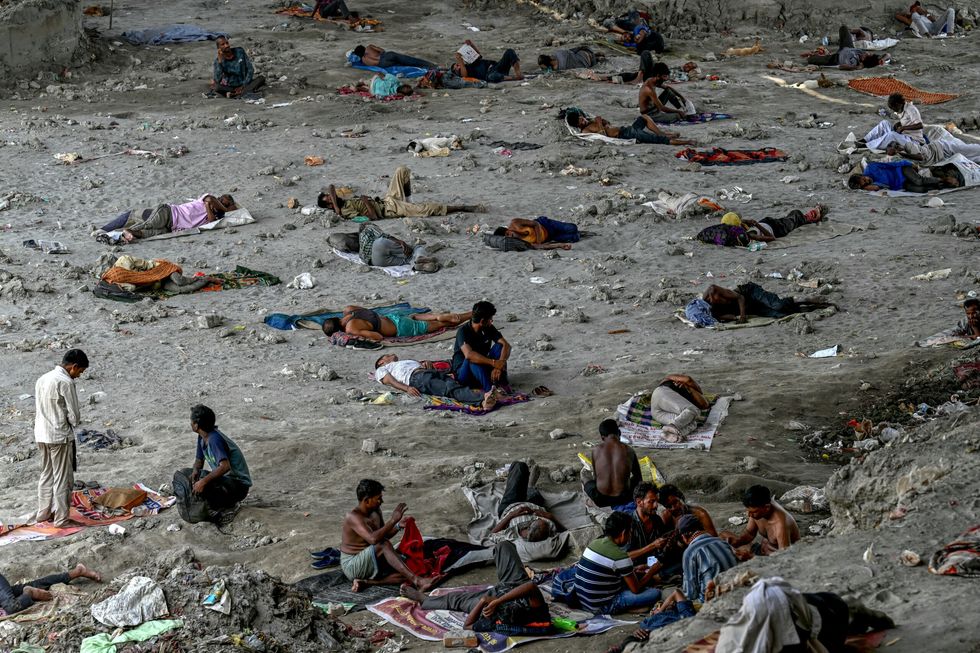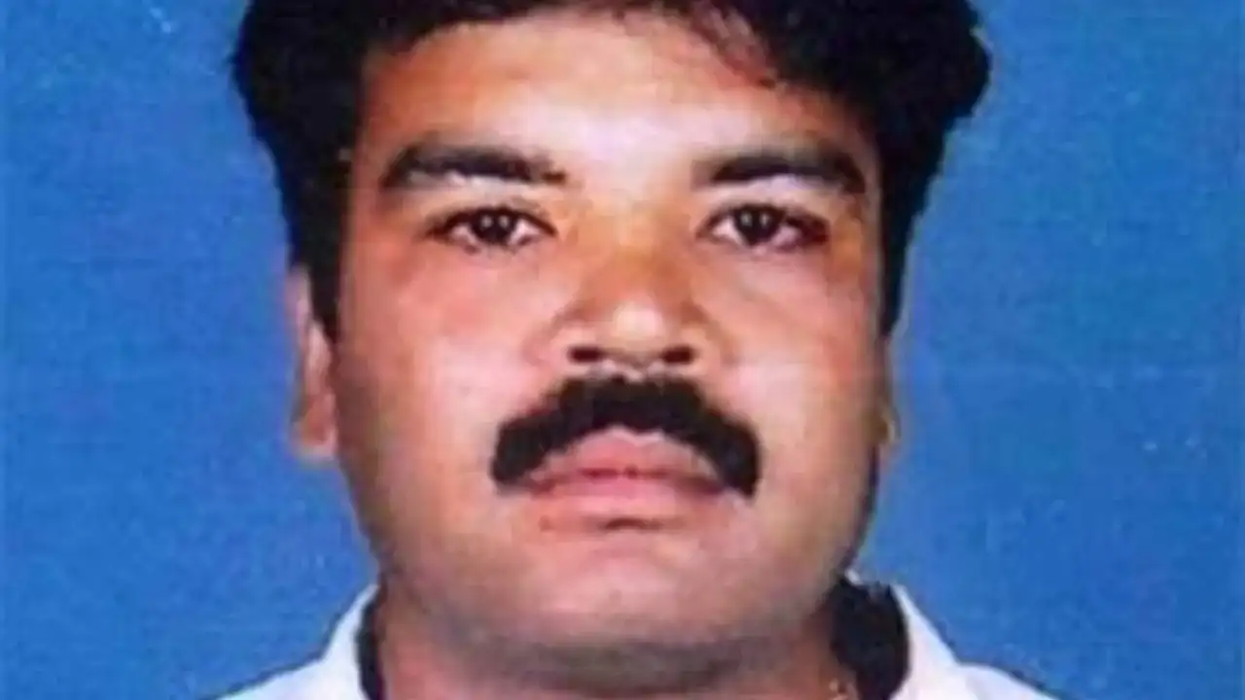INDIA may not be historically responsible for the climate crisis, but it should avoid replicating the polluting practices of the West during its development, Commonwealth secretary general Patricia Scotland has stated.
In a Zoom interview with PTI, Scotland emphasised that India has a unique opportunity to lead a just and equitable energy transition by sharing expertise and technology within the 56-nation Commonwealth, which represents 2.7 billion people.
She added that India has the potential to set an example for the global south by adopting a new, clean, and safe development model that could inspire hope for other developing nations.
"India is a developing country, which was not historically responsible for creating this (climate) crisis. So, India is in a similar position to many countries in the global south. And that is absolutely true," the Commonwealth secretary general said.
Despite not causing the crisis, she said, India is suffering from severe climate consequences, including extreme heat, floods and intense monsoons, and must take action.
"Look at the level of heat in some of the cities in India, look at the floods, look at the monsoons. Our people are suffering. So there is a responsibility to which India has committed and has taken action to make it better," Scotland said.
The Commonwealth secretary general told PTI that India should not emulate the West's development model, which failed and led to the climate crisis.
"Why should India wish to emulate that, which others have done before... (and) failed? I would be very disappointed if India was reaching back to 18th and 19th century solutions and repeating what others have done.
"It is not going to wash for us to say (that) because they (West) created a nightmare from which we are now suffering and dying... (it) justifies us continuing to do what they did. I think we are better than that," she said.
At the 2015 UN climate talks in Paris, countries committed to limiting the global average temperature rise to 1.5°C above the pre-industrial average to avoid the worst impacts of climate change.
The earth's global surface temperature has already increased by around 1.2°C due to the rapidly increasing concentration of greenhouse gases, primarily carbon dioxide and methane, in the atmosphere.
Many poor and middle-income countries argue that the current global warming is disproportionately caused by the historical emissions of developed countries during their industrialisation phases. They contend that they should have the right to use fossil fuels to alleviate poverty and achieve economic growth.
Scotland said that unlike the West during its development, India understands the consequences of its actions and has the opportunity to lead by creating a new and regenerative model of development using a circular economy.

"India and prime minister Modi have done some extraordinary things in terms of building new cities. What if India can become the exemplar of how you create a regenerative model of development using a circular economy, which actually works out," the Commonwealth secretary general said.
"I would be disappointed if the hope that India is for the global south were to be diminished. I would be so saddened because India knows that because she has revolutionised development with so many technological innovative approaches which others are emulating. I would want them to emulate the best in India," she added.
Scotland said India's renewable energy makes up "35 per cent of its energy consumption" and the initiatives it is leading, such as the International Solar Alliance and the Coalition for Disaster Resilient Infrastructure, show what is possible through innovation and collaboration.
As part of its updated national climate plan to limit global warming to 1.5°C, India aims to increase the share of non-fossil power capacity to 50 per cent by 2030, which is conditional on international support.
At present, India has a total installed power capacity of 446 gigawatts, with renewable energy accounting for 195 gigawatts.
It also aims to reduce the emissions intensity of its GDP (the amount of greenhouse gas emissions per unit of GDP) by 45 per cent by 2030 compared to the 2005 levels. (PTI)

















 All eyes on Donald Trump Jr and Bettina Anderson as their PDA grabs attention before Trump’s arrivalGetty Images
All eyes on Donald Trump Jr and Bettina Anderson as their PDA grabs attention before Trump’s arrivalGetty Images  Donald Trump Jr and girlfriend Bettina Anderson steal the spotlight with PDA at New Jersey airportGetty Images
Donald Trump Jr and girlfriend Bettina Anderson steal the spotlight with PDA at New Jersey airportGetty Images  Donald Trump Jr. and Bettina Anderson depart the White House to attend the Military ParadeGetty Images
Donald Trump Jr. and Bettina Anderson depart the White House to attend the Military ParadeGetty Images  Bettina Anderson and Donald Trump Jr spotted in a candid moment Getty Images
Bettina Anderson and Donald Trump Jr spotted in a candid moment Getty Images  Donald Trump Jr. with Bettina Anderson ahead of US President Donald Trump's addressGetty Images
Donald Trump Jr. with Bettina Anderson ahead of US President Donald Trump's addressGetty Images 
